English
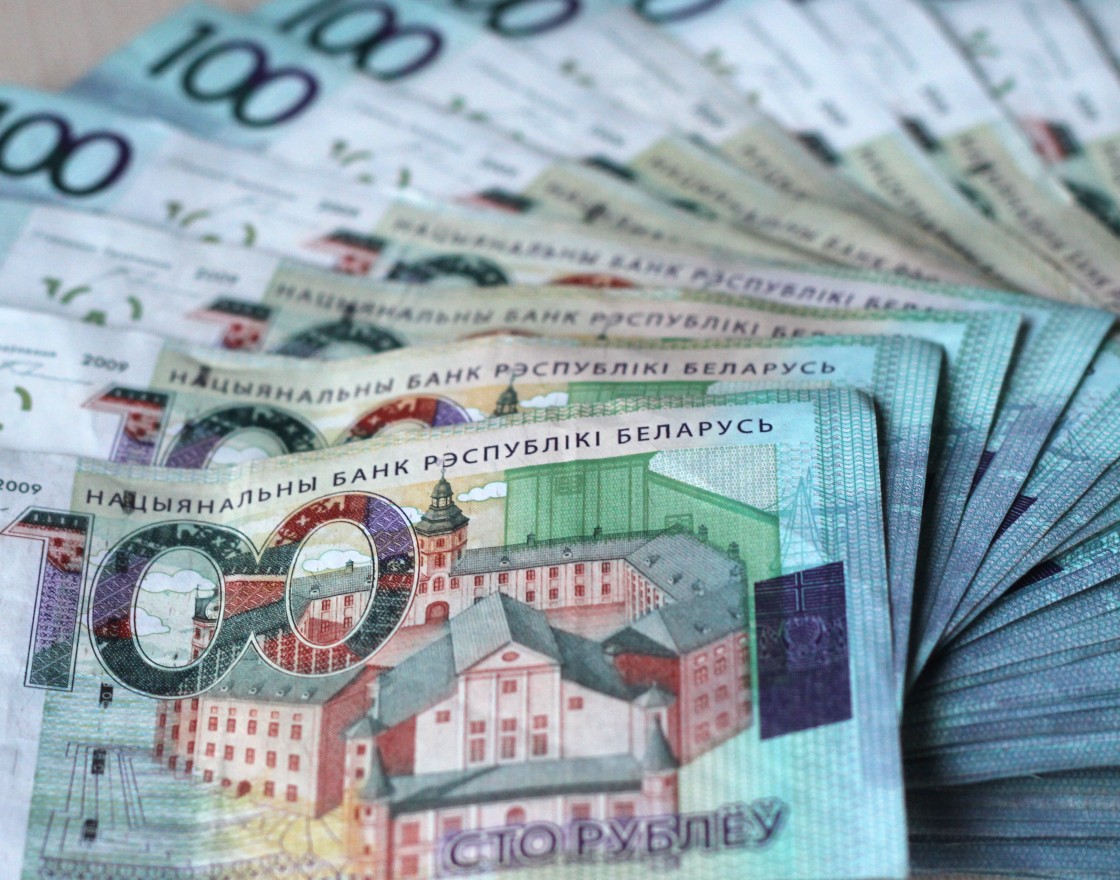
Belarus quickly depletes financial reserves
Filip BrokešAs the political crisis in Belarus increases, banks find themselves under severe pressure. With an ever growing number of people withdrawing money, the National Bank of Belarus has no choice but to sell its reserves on...
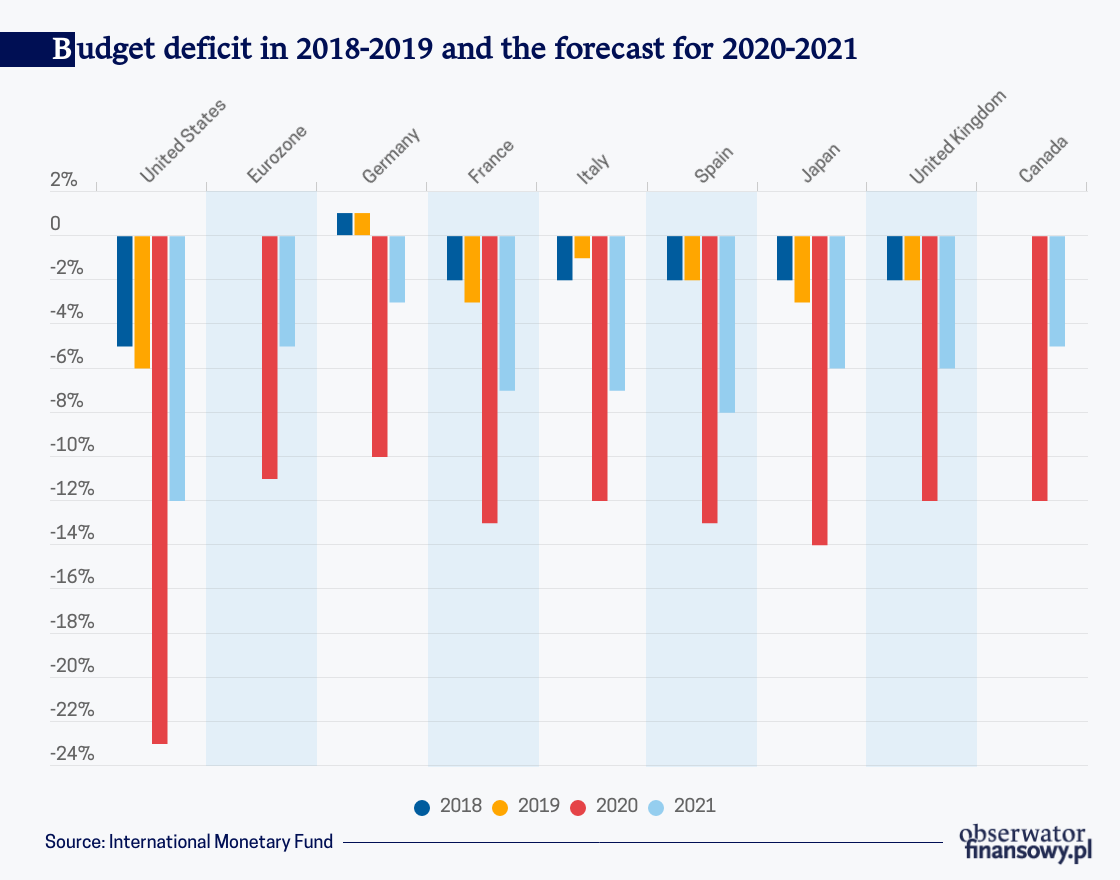
The Eurozone is increasingly indebted
Paweł KowalewskiIt's hard to believe that at the beginning of this year Germany was wondering what to do with its budget surplus. The “black zero” policy, which basically boils down to maintaining balanced budgets, was still popular.
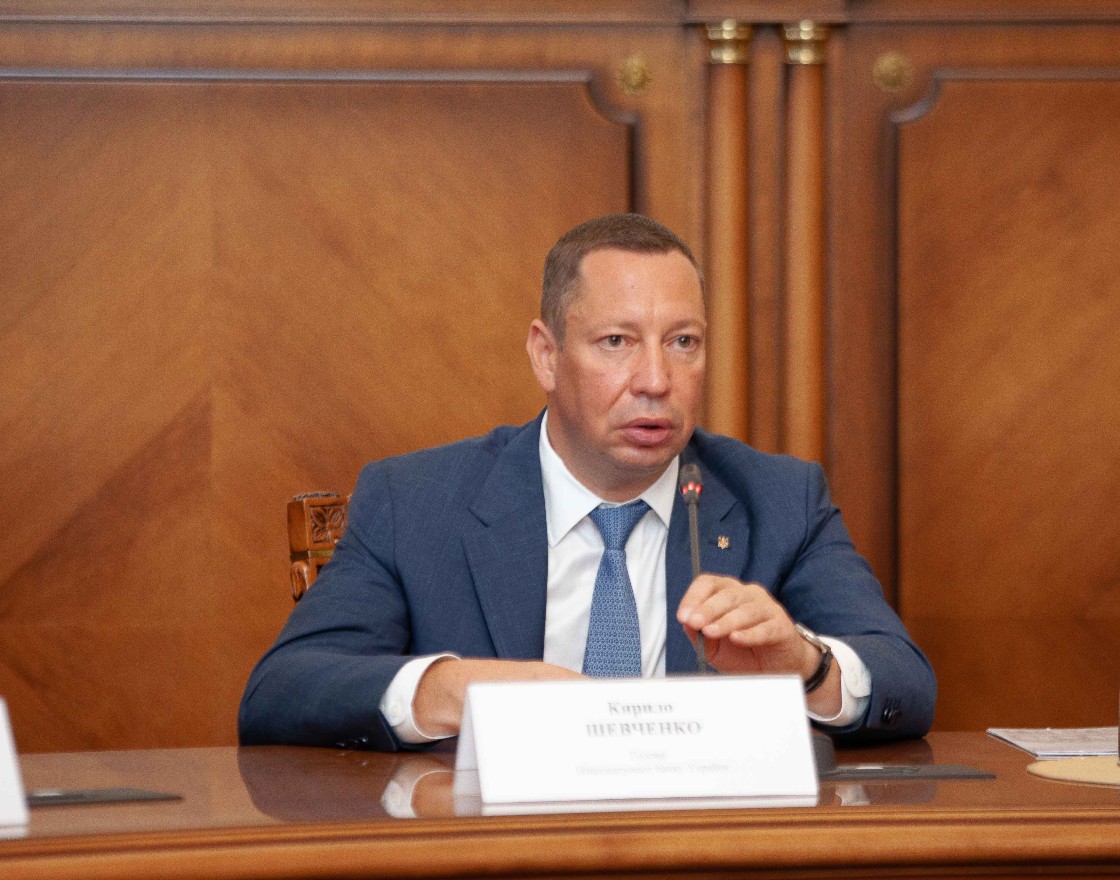
The Ukrainian central bank: changes in the monetary policy?
Michał KozakIn July 2020, the former governor of the Ukrainian central bank NBU Jakiv Smoliy resigned from his position. The new head of the central bank, Kyrylo Shevchenko, has announced the continuation of the monetary policy pursued...

Russia raises funds for social spending
Filip BrokešRussia’s state Pension Fund is in a desperate need of additional transfers from state coffers. The Russian government is looking for creative ways to fill the gaps, such as confiscating “suspicious savings”, taxing tax...

The IMF is fighting the crisis caused by COVID-19
Adrian PrzerywaczAs an institution established to support the stability of the world economy, the International Monetary Fund (IMF) is exhibiting a strong commitment to combatting the economic and social consequences of the coronavirus...

Can Europe survive without foreign workers?
Vedran ObućinaThe coronavirus shock in the first phase of the crisis caused various types of imbalances in the markets of goods, services, property and labor. Unravelling these imbalances requires time to adjust but some countries don’t...

The wealthier the country, the more debt it will incur
Obserwator FinansowyGlobal public debt will increase this year from 83.3 per cent to 96.4 per cent of the GDP as a result of the coronavirus pandemic. The increase in debt levels will be the strongest in the most developed countries, which are...

A quantitative easing policy tailored to the local needs
Maciej JaszczukThe EU is looking for ways to respond to the crisis caused by the pandemic, but the Eurozone is still far from becoming a fiscal union. In crisis Poland should be happy to be outside the Eurozone and to have independent...
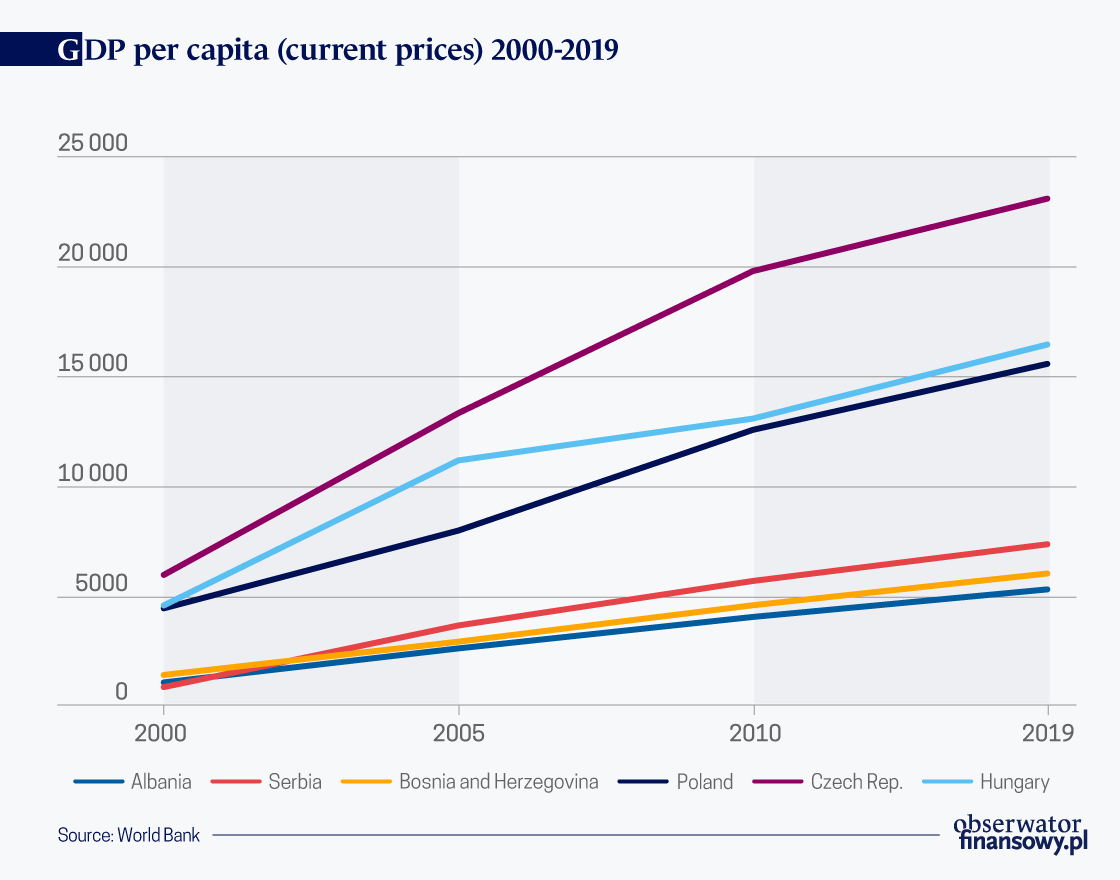
Trade with the EU peripheries. Call for reconstruction.
Jan MuśThe relations between the EU and the Western Balkans have been based on wrong assumptions that the liberalization of trade between the two blocks will solve the problems of the latter. The scenario, which was so successful...
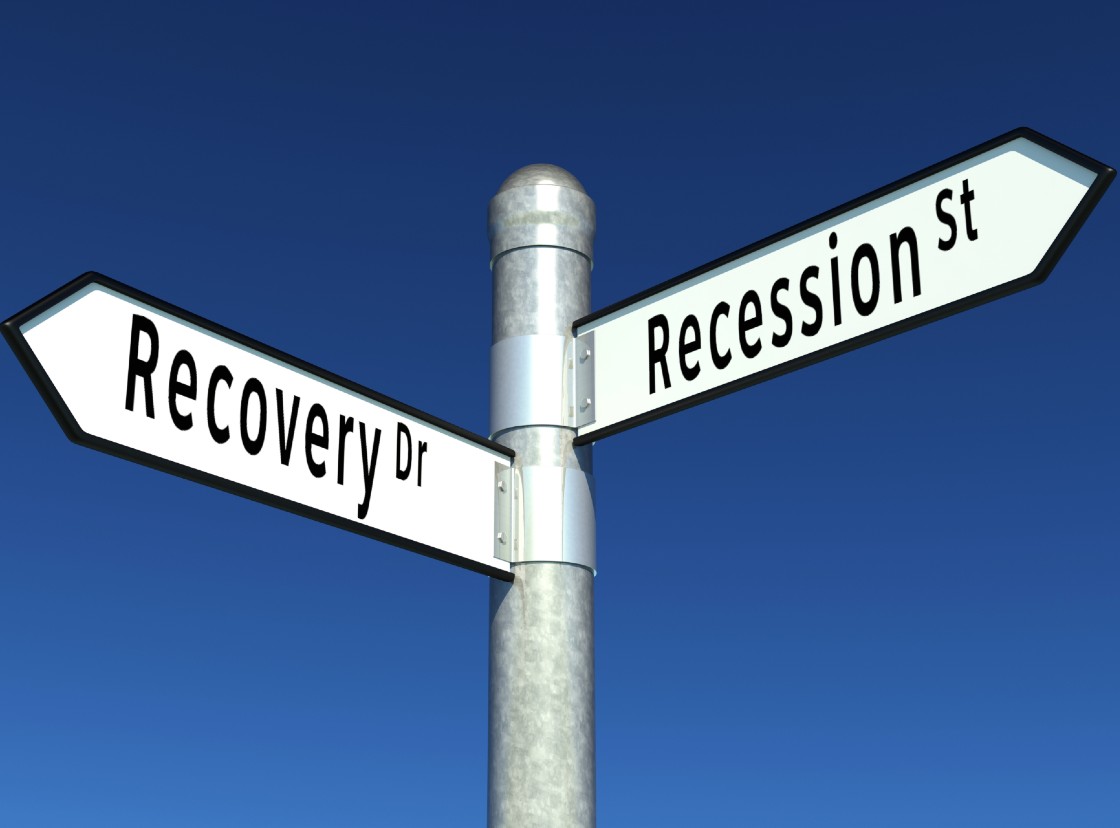
Central bankers: economic recovery will take years
Marek PielachMarch and April 2020 will go in history as months with historically weak economic indicators. The representatives of the Fed and the ECB believe that the worst is behind us, but they are concerned that we may not return to...
